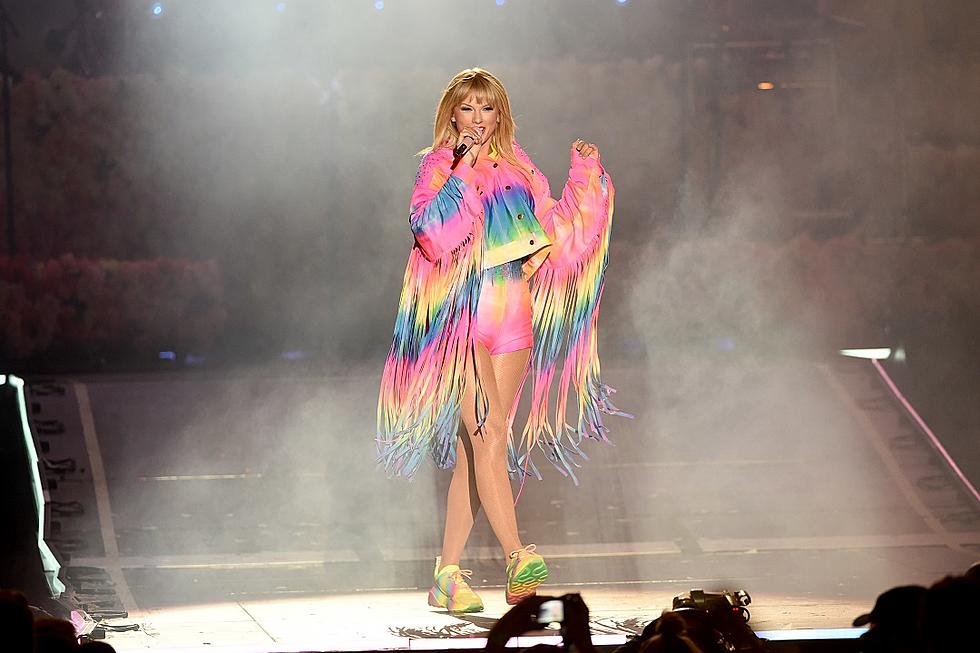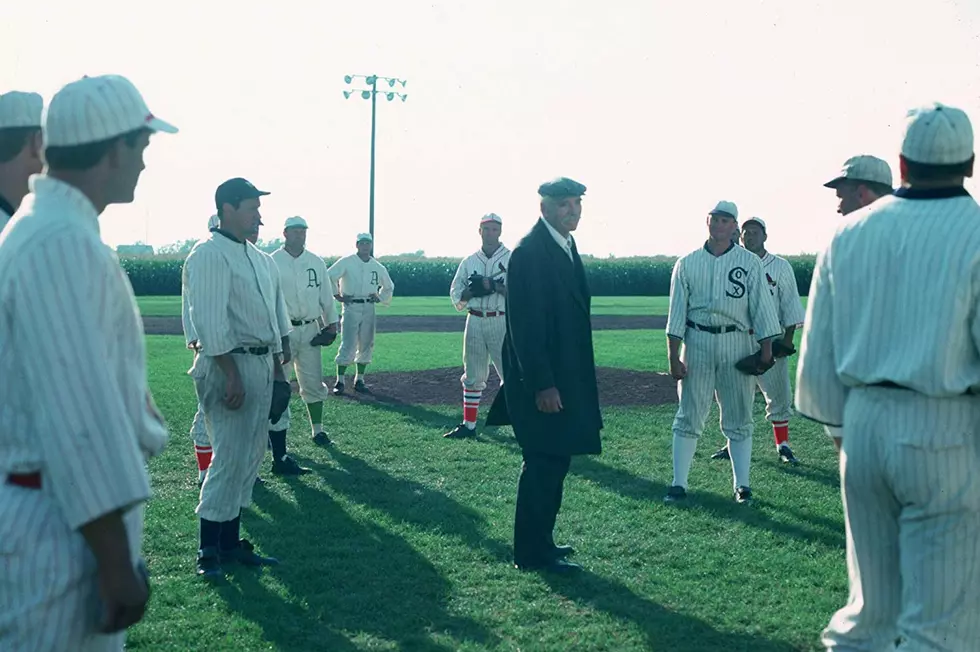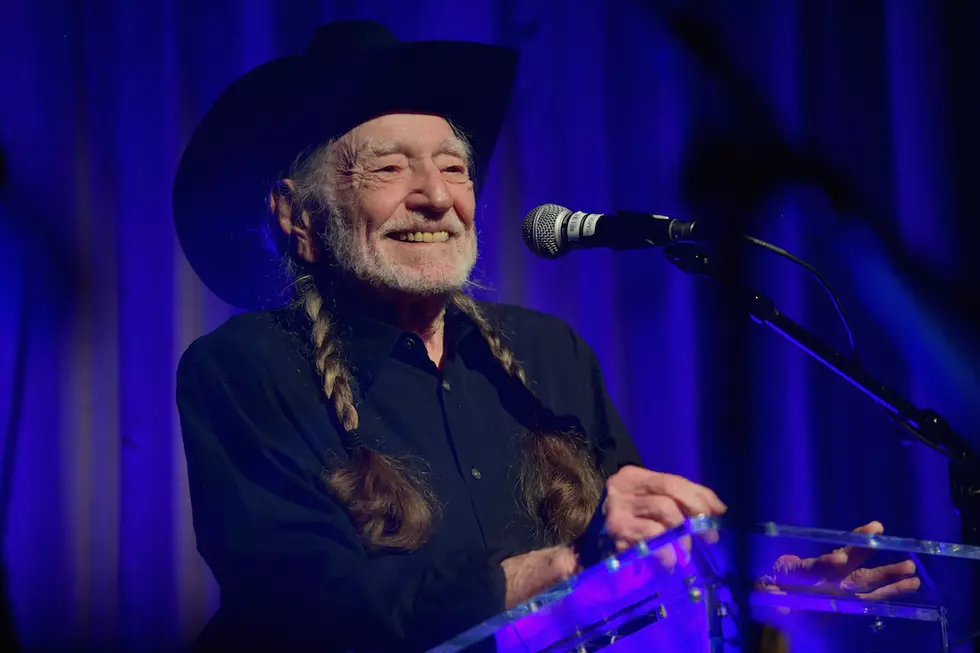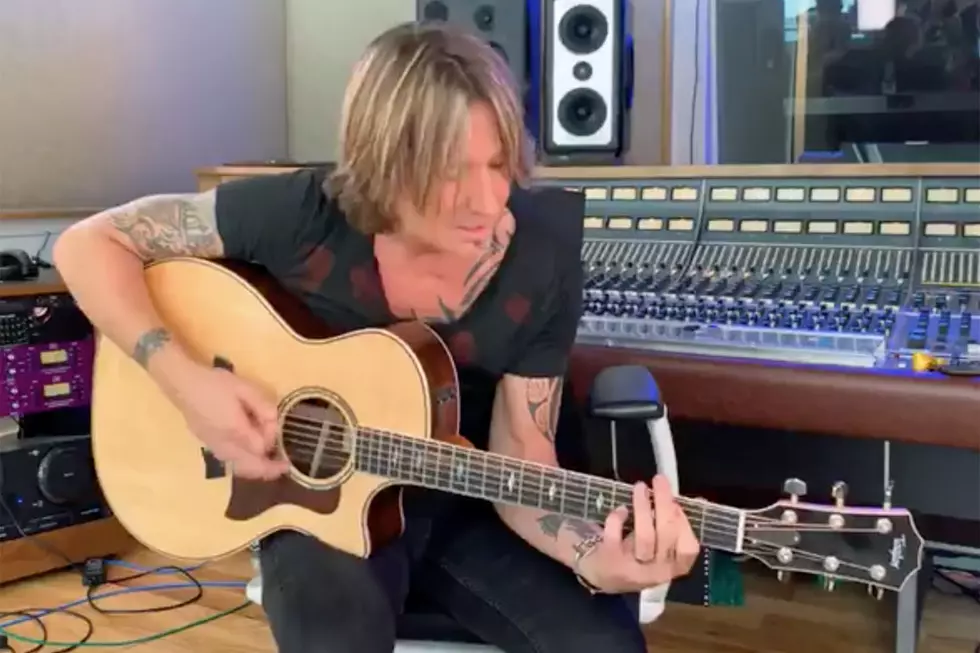
Taylor Swift: Conversation With Friend Todrick Hall Convinced Her to Speak Out Politically
After remaining largely silent about political and social issues throughout her career, country-turned-pop superstar Taylor Swift spoke out ahead of the 2018 midterm elections, endorsing two people from her home state of Tennessee's slate of candidates. Since then, Swift has continued to publicize her political leanings -- especially in regards to LGBTQ+ rights -- by donating to the Tennessee Equality Project in April and creating a petition to support the Equality Act in June.
Swift's newfound public political voice has earned her both praise and criticism, with some accusing her of using her comments as a way to promote the fact that she has new music coming out. In a new interview with Vogue, however, Swift explains that her decision to speak out stems from a conversation she had with her friend, dancer and choreographer Todrick Hall.
“Maybe a year or two ago, Todrick and I are in the car, and he asked me, 'What would you do if your son was gay?'" Swift recounts. "The fact that he had to ask me ... shocked me and made me realize that I had not made my position clear enough or loud enough."
Swift was forthright with Hall, who is gay, about her feelings -- "If my son was gay, he’d be gay. I don’t understand the question," she says she told him -- but the exchange got her thinking: "If he was thinking that, I can’t imagine what my fans in the LGBTQ community might be thinking," she adds.
"It was kind of devastating to realize that I hadn’t been publicly clear about that," Swift admits.
Prior to 2018, Swift had used her highly public platform to share her opinions on more music-focused social issues. In 2014, she removed her music from Spotify, saying that she was "not willing to contribute my life’s work to an experiment that I don’t feel fairly compensates the writers, producers, artists and creators of this music," and inspired other artists to follow suit. The following year, her decision to keep her then-new album 1989 off Apple Music convinced the company to alter its artist payment model.
Swift has also been vocal about gender discrimination and harassment following her sexual assault trial versus a former Denver, Colo., radio DJ who groped her during a meet and greet. Swift won the lawsuit in 2017 -- and, with it, a symbolic $1.
“Rights are being stripped from basically everyone who isn’t a straight white cisgender male," Swift reflects to Vogue, admitting that some of the reason for her silence was that she "didn’t realize until recently that I could advocate for a community that I’m not a part of."
"It’s hard to know how to do that without being so fearful of making a mistake that you just freeze," she adds. "Because my mistakes are very loud. When I make a mistake, it echoes through the canyons of the world. It’s clickbait, and it’s a part of my life story, and it’s a part of my career arc.”
Taylor Swift's Best Live Shots
More From 97.5 KGKL










